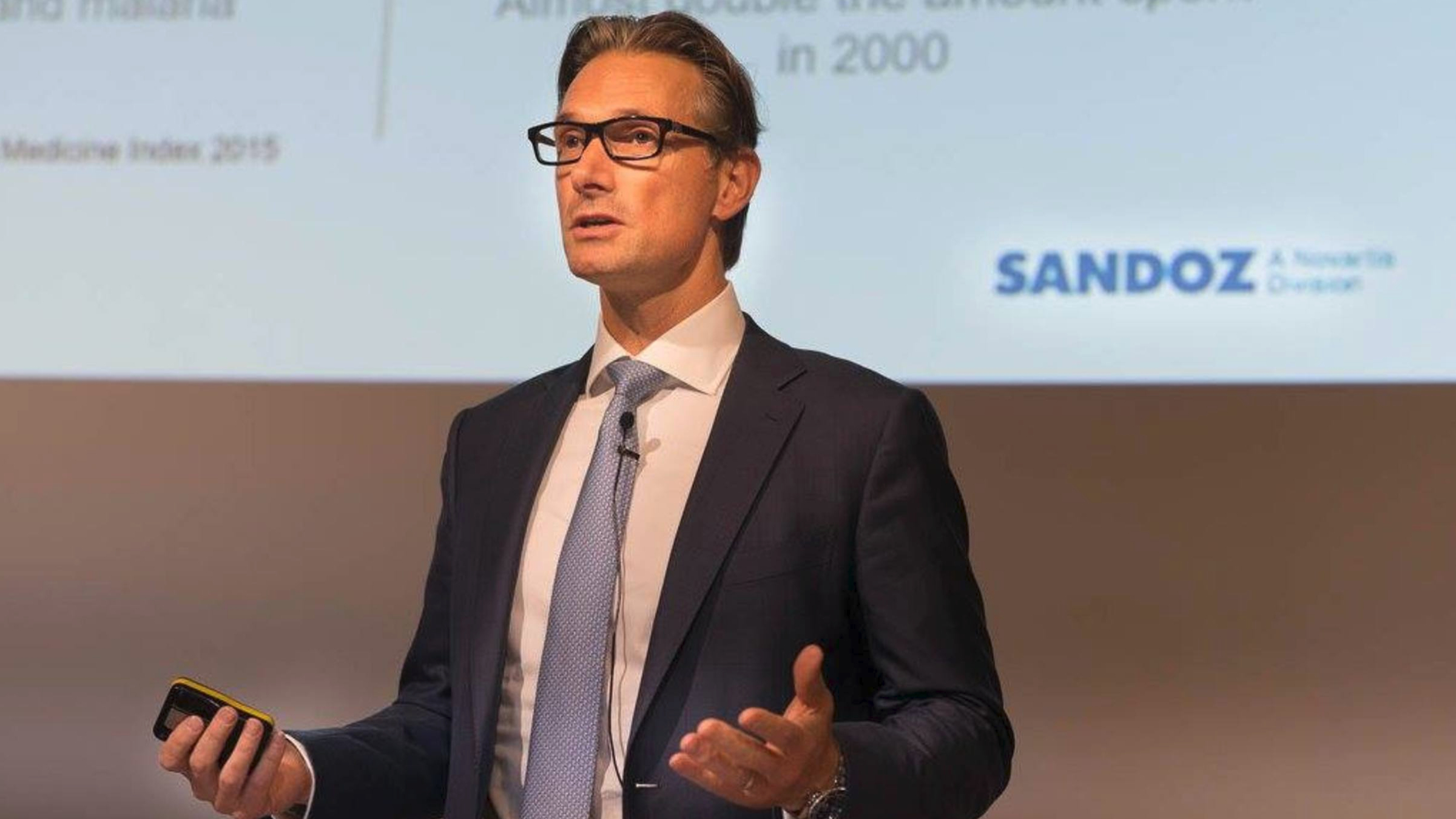
Richard Francis, newly-appointed Teva CEO (Novartis via Facebook)
New Teva CEO Richard Francis reprioritizes to 'get back to growth'
Six weeks into his new role at the helm of Teva Pharmaceutical, Richard Francis said it’s time to “get back to growth,” starting with a …
Sign up to read this article for free.
Get free access to a limited number of articles, plus choose newsletters to get straight to your inbox.